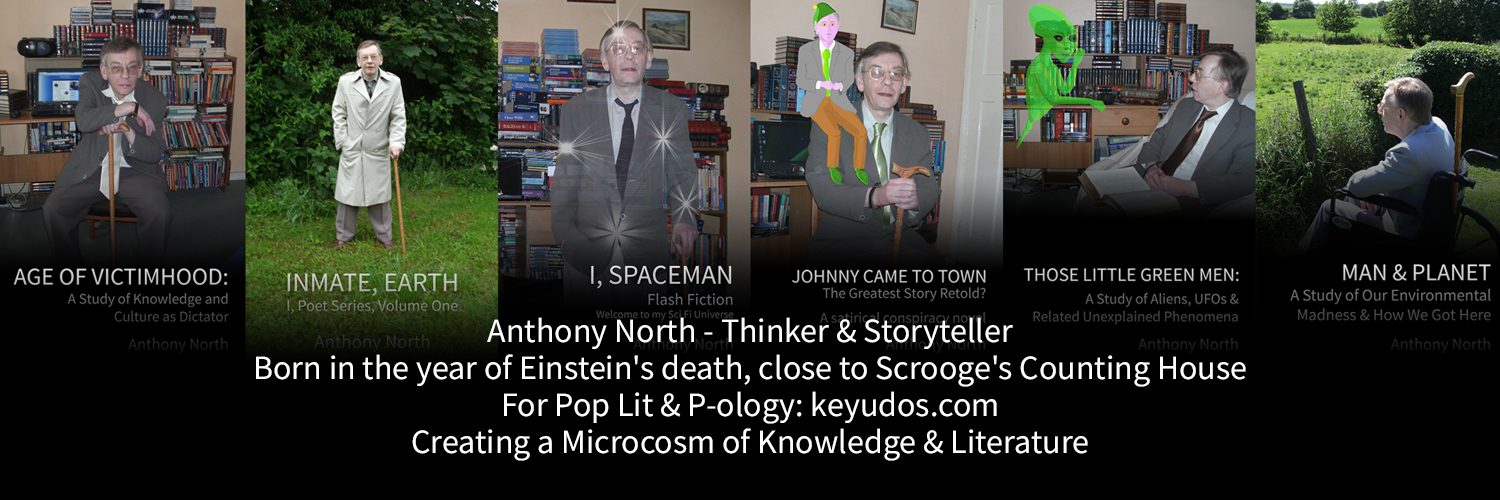
We all watch it, read it, sometimes even breath it. It informs, entertains, moulds, advises, sells, even befriends us. I’m talking about the media. But just how does it work, and what effect does it really have on us?
SIGNS
Semiotics may be useful here. This is the science of ‘signs’ – things that inform us, such as a road sign. A cloud can be a sign of rain. But they react strangely. A label showing soup on a tin can make us salivate – a bodily action due to an assumption, not the food itself.
Drama provides oodles of signs. And it is a peculiarity of storytelling that the bad guy is always more interesting than the good. But whilst there is no direct link between TV and violence, could constant repetition of the sign have a more subtle effect?
 SOAPS are not good
SOAPS are not good
SOAPs are particularly interesting. Daily media has been used in the past to ‘condition’ social behaviour. This is evident in the Christian year, linking daily activity to Christ’s life through the Bible. Although a different culture, in a sociological sense, SOAPs carry out the same function. Behaviour and drama may be more closely linked than we realize.
HOPES
This process is increased by media motivation. Today’s media barons have a mania for ratings. Hence, in all forms of media, the idea is to grab your attention. This is done by the use of sensationalism. We are being taught extreme behaviour.
Modern media also promises affluence. This is good for mass consumerism, but bad for tradition, where morals such as thrift and duty reside. Affluence is easier, we are told, so why stick with boring tradition? So media takes away the impulses that could place a brake on our desires to consume. How fortunate for Big Biz.
 EMOTION is the key
EMOTION is the key
Emotion is important to modern media. You see it particularly in the news. News should be cold and simply tell the facts. Now we see victims all the time, stirring up the emotions. This prompts an immediate response, but without reasoning. Hence, when the emotion passes, so does our desire to do something about it. Emotion stops us thinking.
Opinion polls work at the emotional level. Media will do them at the height of a social emotional outburst. This pushes our responses towards the extreme. Then the media publishes the results and governments are forced to act. This is media manipulation of us in order to induce government policy that Big Biz likes. Direct democracy stinks.
UN-INFORMED
Media also keeps us uninformed. This might seem strange in an information age. However, media is dependent on advertising. Advertisers won’t advertise in media that does not support the Big Biz system. Hence, issues that disagree are not covered by main media. Media naturally marginalizes ideas counter to mass-consumerism.
CELEBRITIES
Celebrities are essential to media. They live the ultimate dream of affluence. In other words, they are ‘perfect’. This is another old device. Saints used to be perfect. But the point is, perfection is unattainable. It used to condemn people to be sinners. Now it condemns us to angst, satisfied by retail therapy.
CONTROL
Media is moving into new forms of control. This is achieved by the way you can now use technology to provide exactly the media you want to watch. At first, this appears empowering. But in reality it traps you in an individualistic world of your own making. There is just you and the media. Nothing else. You’ve been alienated from all other influence.
Media has removed the dividing line between fact and fiction. This is seen particularly in 24 hour news. What really happens is not defined until after an event. So in providing ‘news’ as it happens, you’re really dealing in gossip. We’re all conditioned now.
Orwell would be so proud. Or not.
